This is the earliest debate that has taken place since neither candidate has been formally nominated. Since the first televised debate in 1960 between John F. Kennedy and Richard Nixon, all such events have been held in September or October.
Presidential debates have long been criticized for both their content and the candidates’ attitudes, but they remain an important part of the campaign season. Here are five things to know ahead of tomorrow’s first debate between Biden and Trump.
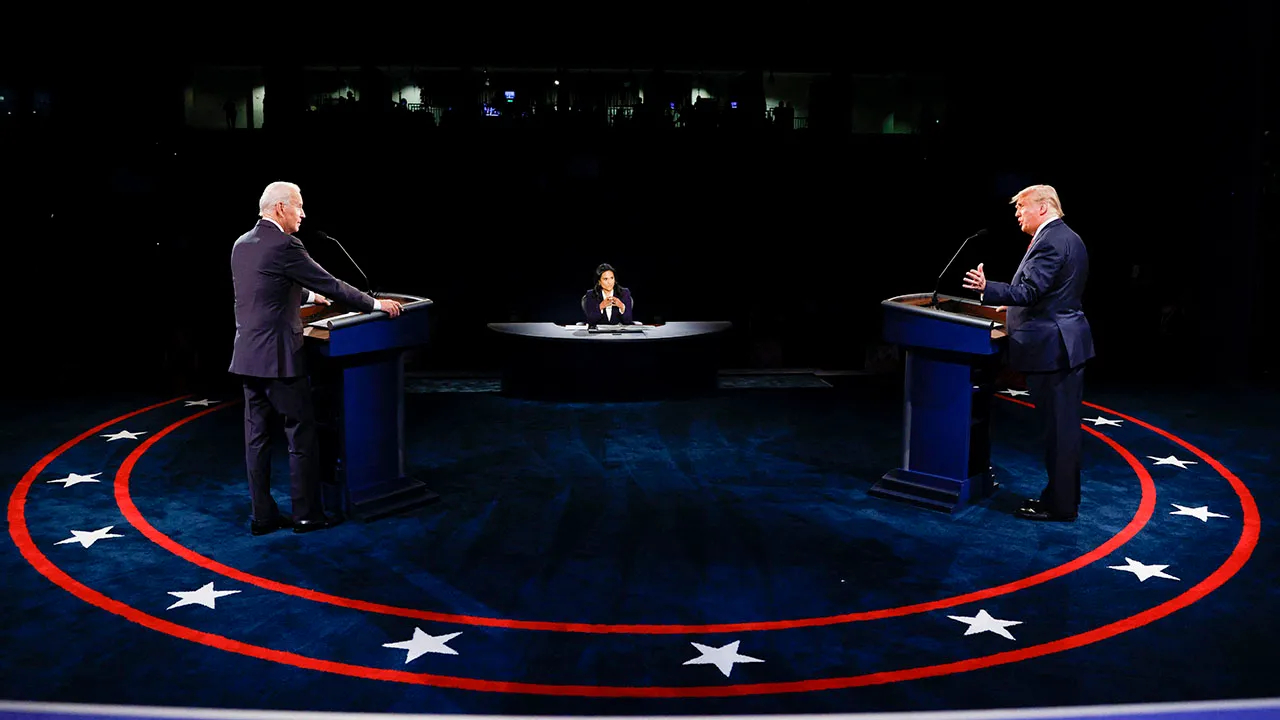
Debate between Mr. Joe Biden and Mr. Donald Trump in Nashville, Tennessee, USA, October 22, 2020. Photo: AFP
The debates attracted a large audience.
Although debates' share of total television viewers has declined over the decades, they can still attract more people than any other television event.
According to Nielsen Media Research, more than 73 million people watched at least some of the Trump-Biden debate in 2020. That was the third-largest debate audience ever, behind only the first debate between Hillary Clinton and Trump in 2016 (84 million viewers) and the 1980 debate between Jimmy Carter and Ronald Reagan (80.6 million).
According to Nielsen data, ratings for presidential debates have risen and fallen over the decades. The four debates in 1960 all had ratings around 60.0, meaning about 6 in 10 households with televisions watched the debates. When the debates began in 1976, ratings were lower, typically around 50.0.
Debate ratings have trended lower over the next two decades. The third debate between Al Gore and George W. Bush in 2000 had a rating of just 25.9. Since then, debate ratings have generally trended up modestly: The first Biden-Trump debate in 2020 earned a rating of 40.2.
Debates are useful but not decisive.
The Pew Research Center conducted post-election surveys from 1988 to 2016. In most cases, six in 10 voters or more said the debates were very helpful or somewhat helpful in deciding which candidate to vote for.
The peak was in 1992, when 70% of voters said that year's three debates between candidates Bill Clinton, George H.W. Bush and Ross Perot were at least somewhat helpful.
In 2016, just 10% of voters said they made up their minds “during or immediately after” the presidential debates. Eleven percent said they made up their minds later, days or weeks before or on Election Day. 22% said they made up their minds during or immediately after the summer party conventions, and 42% said they made up their minds before the conventions.
There is also a vice presidential debate.
In most years since 1976, when the vice presidential candidates first had their own debate, the running mate has come in second in viewership.
For example, in 2020, 57.9 million people watched the debate between Vice President Mike Pence and then-Senator Kamala Harris. That was 8% less than the number who watched the Biden-Trump debate.
Different from the first debates
From the first debate in 1960 between Kennedy and Nixon to the 1988 showdown between George H. W. Bush and Michael Dukakis, candidates answered only questions from the judges. The moderator's job was mainly to explain and enforce the ground rules and keep the show running.
But by the 1980s, critics said the debates were more like joint press conferences. Journalists and panelists took too much time and attention away from the candidates.
By 1992, the Commission on Presidential Debates had tried a variety of approaches. Then, along with two panel-style debates, the commission introduced a "town hall" event in which voters would ask questions.
Most of the moderators are television journalists.
Most debate moderators since 1960 have been prominent television journalists. The exceptions are Chicago Sun-Times editor-in-chief James Hoge, who moderated the 1976 vice presidential debate, and USA Today Washington bureau chief Susan Page, who moderated the 2020 vice presidential debate.
PBS journalists have moderated the most debates: 16. The only one to have moderated more than two presidential or vice presidential debates is CBS News' Bob Schieffer (2004, 2008, and 2012).
Ngoc Anh (according to Pew Research)
Source: https://www.congluan.vn/bau-cu-my-2024-5-dieu-can-biet-truoc-cuoc-tranh-luan-tong-thong-post300681.html


![[Photo] Special relics at the Vietnam Military History Museum associated with the heroic April 30th](https://vstatic.vietnam.vn/vietnam/resource/IMAGE/2025/4/3/a49d65b17b804e398de42bc2caba8368)
![[Photo] Moment of love: Myanmar people are moved to thank Vietnamese soldiers](https://vstatic.vietnam.vn/vietnam/resource/IMAGE/2025/4/3/9b2e07196eb14aa5aacb1bc9e067ae6f)


![[Photo] General Secretary To Lam receives Japanese Ambassador to Vietnam Ito Naoki](https://vstatic.vietnam.vn/vietnam/resource/IMAGE/2025/4/3/3a5d233bc09d4928ac9bfed97674be98)
![[Photo] Prime Minister Pham Minh Chinh chairs meeting after US announces reciprocal tariffs](https://vstatic.vietnam.vn/vietnam/resource/IMAGE/2025/4/3/ee90a2786c0a45d7868de039cef4a712)




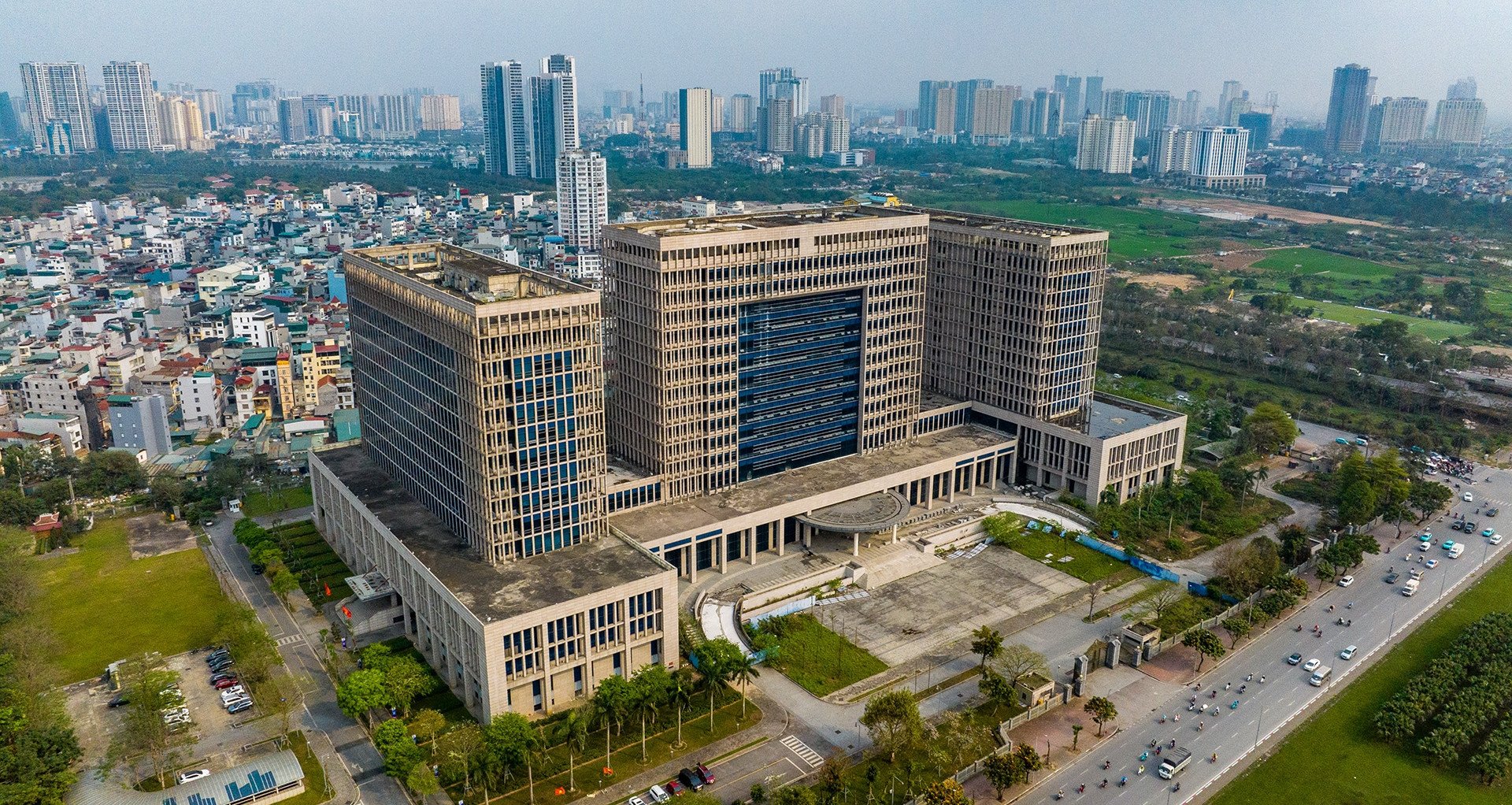

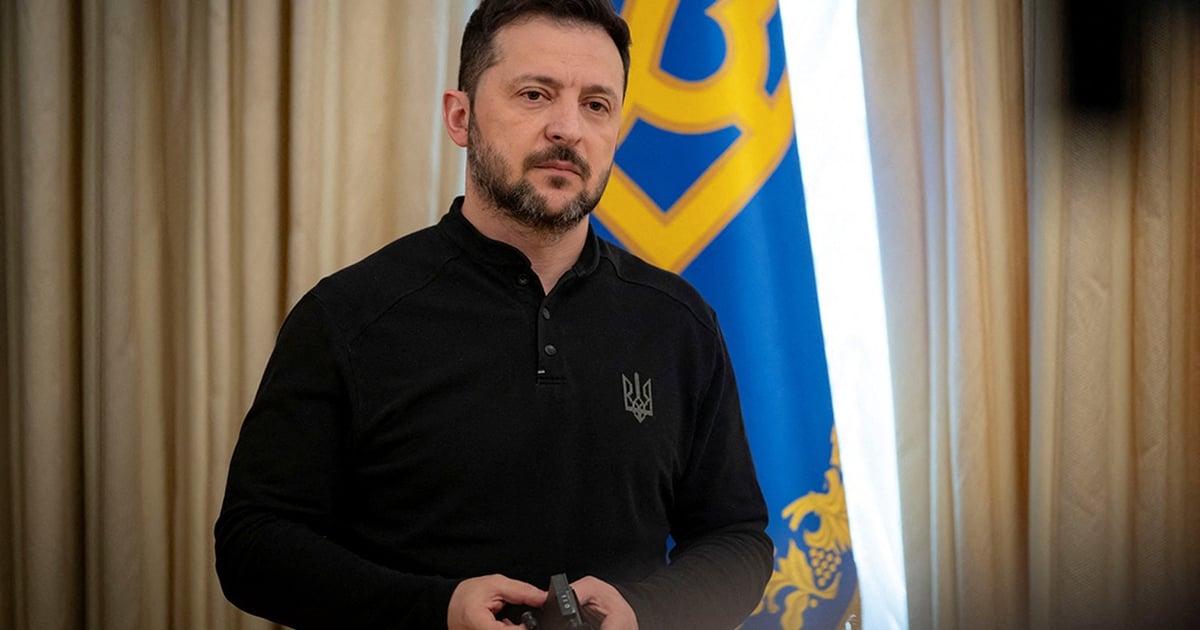
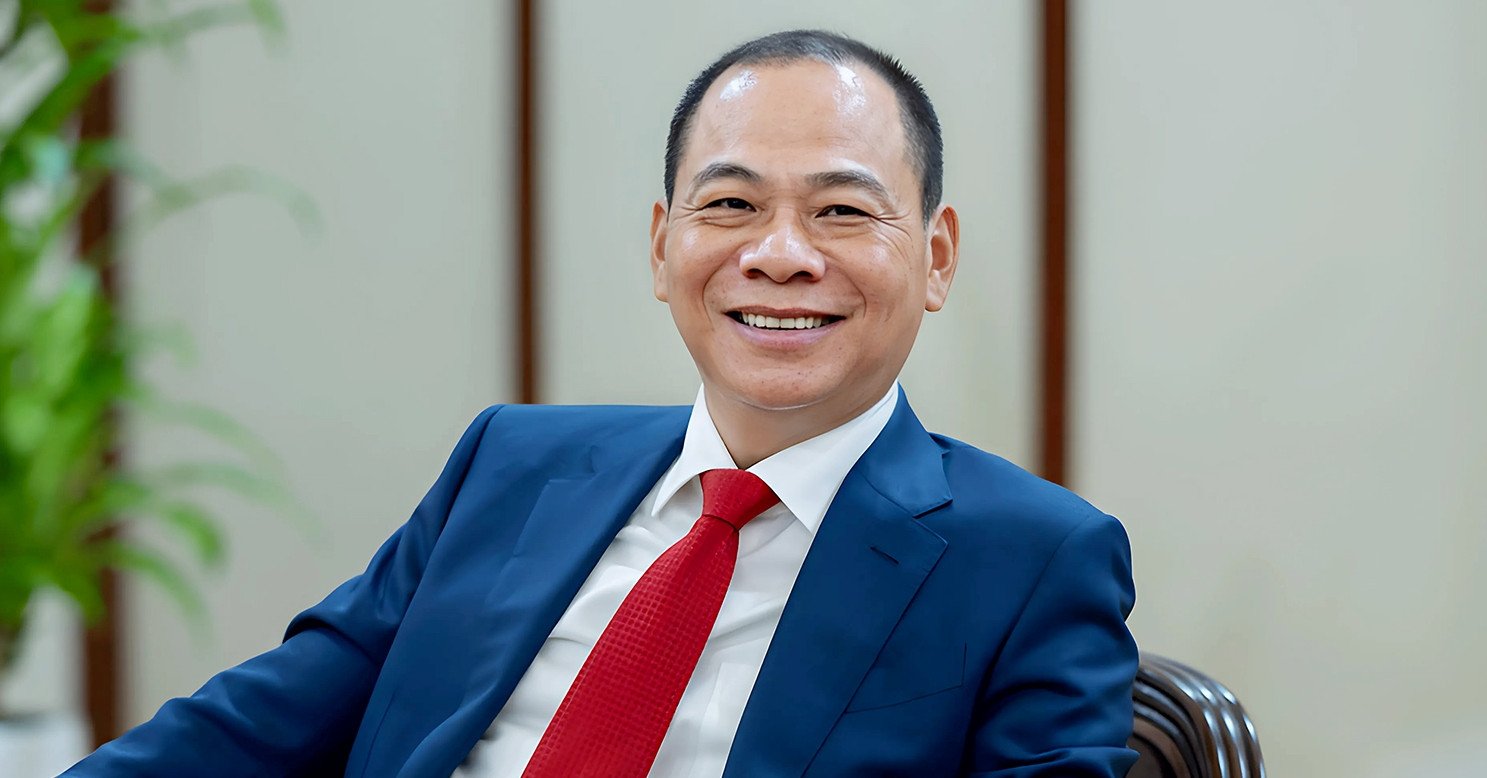
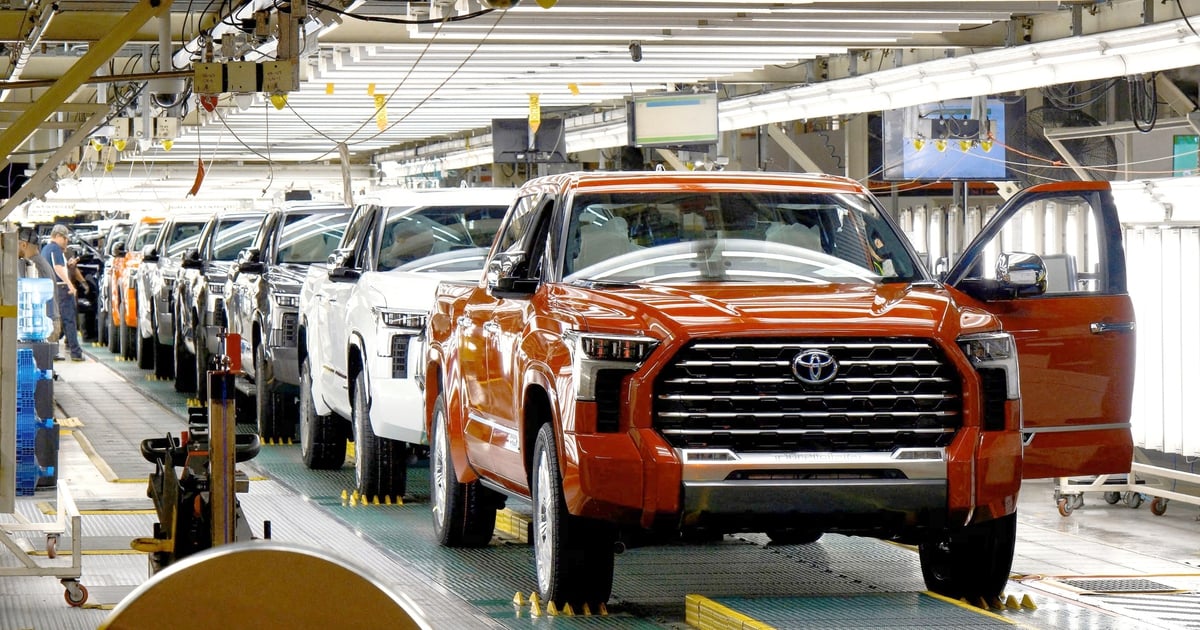

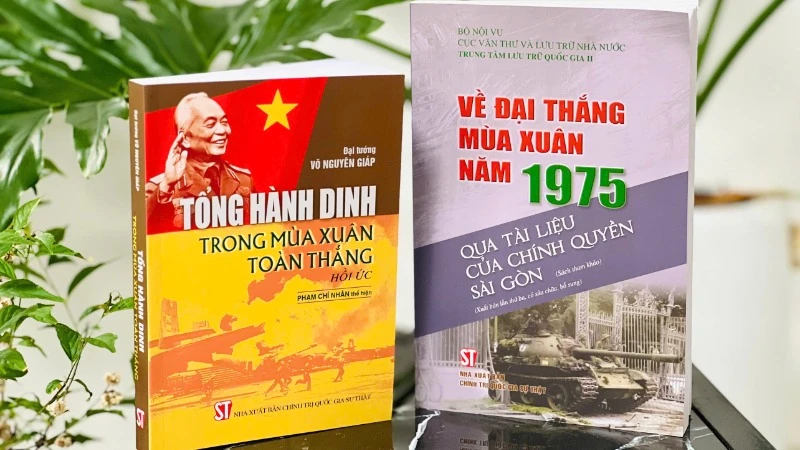


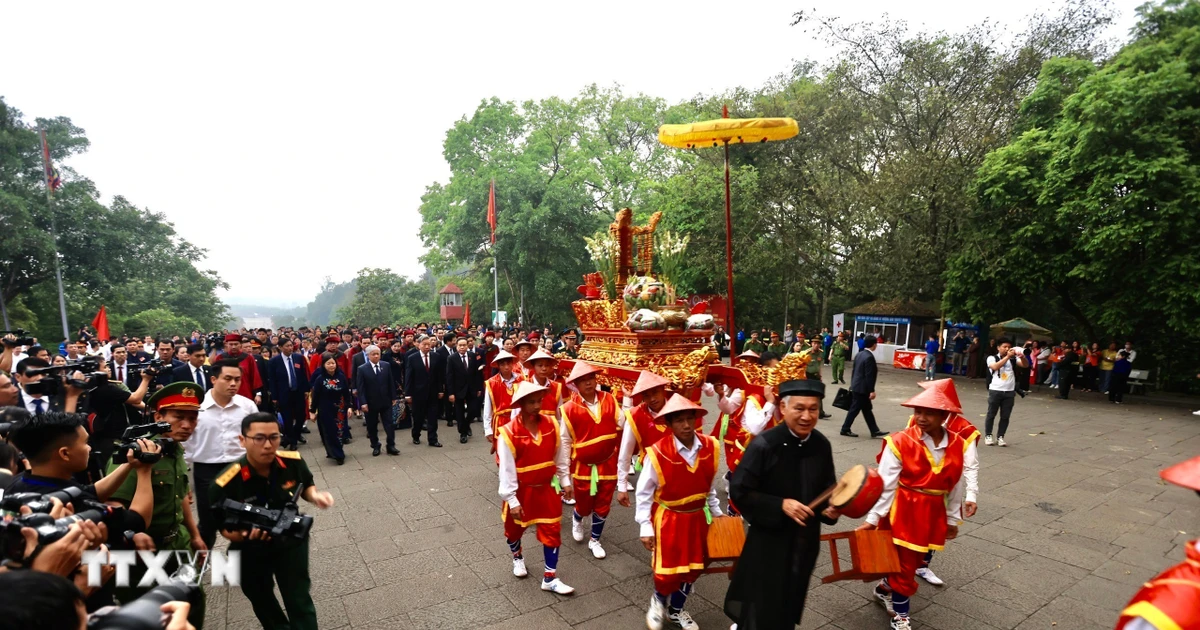
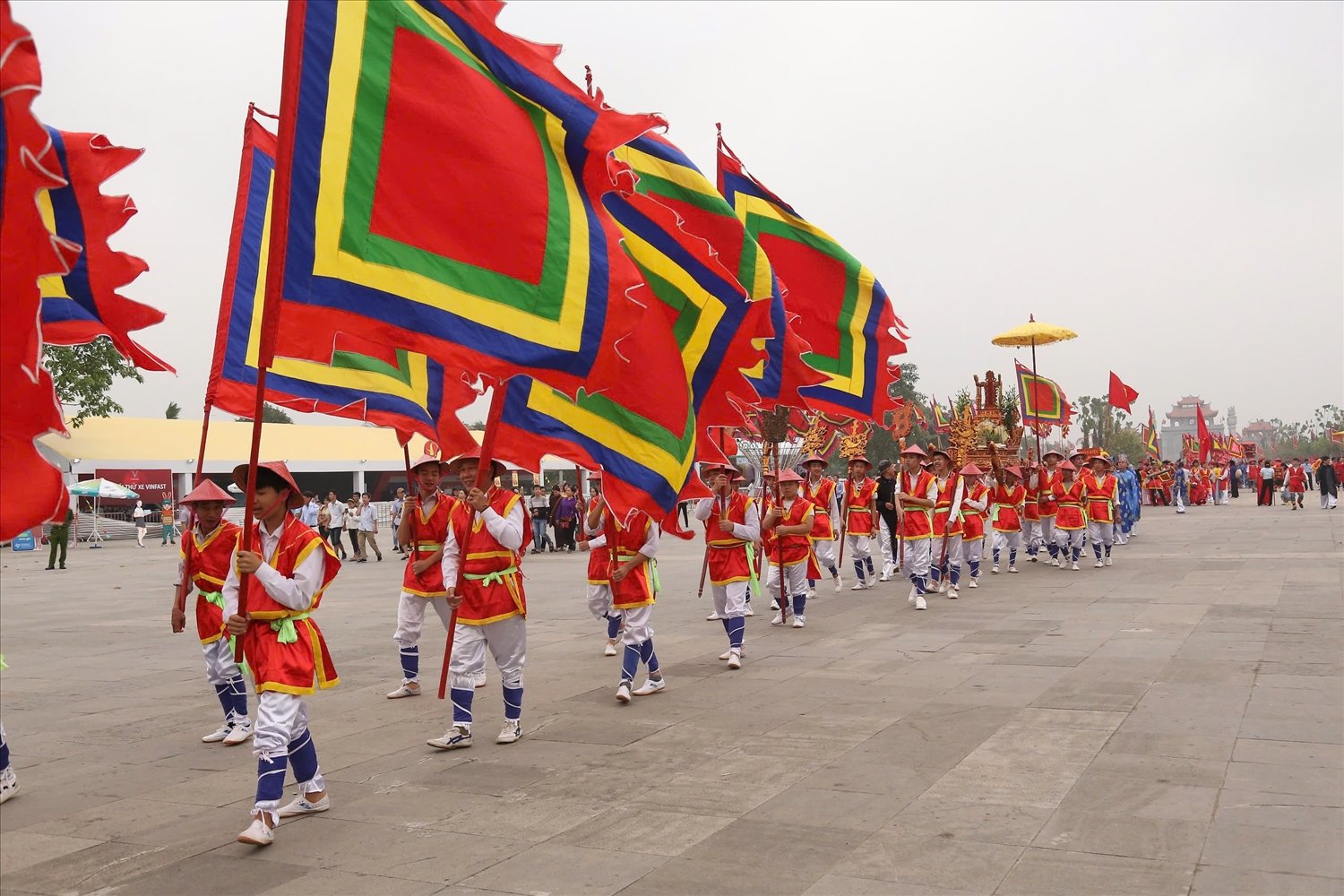




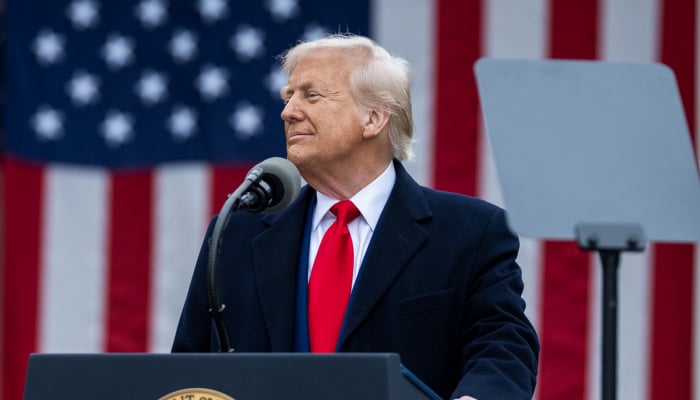
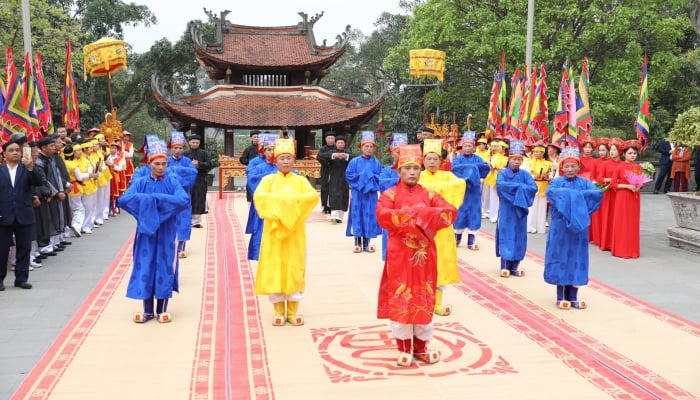
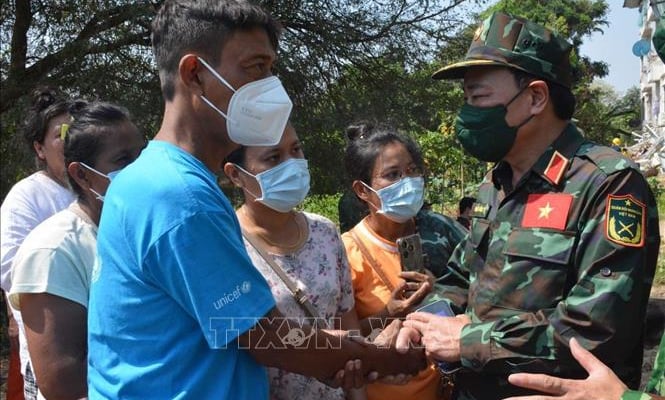
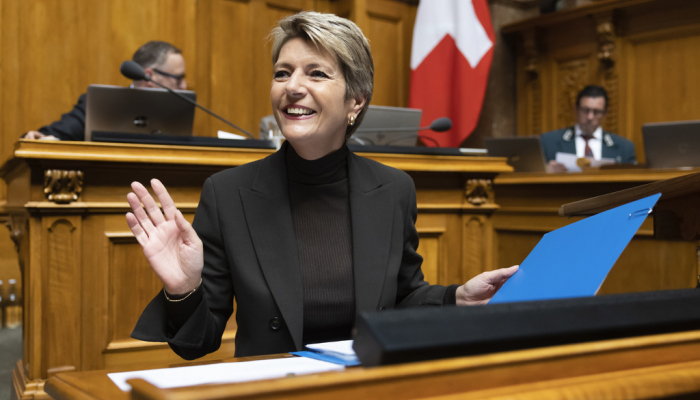
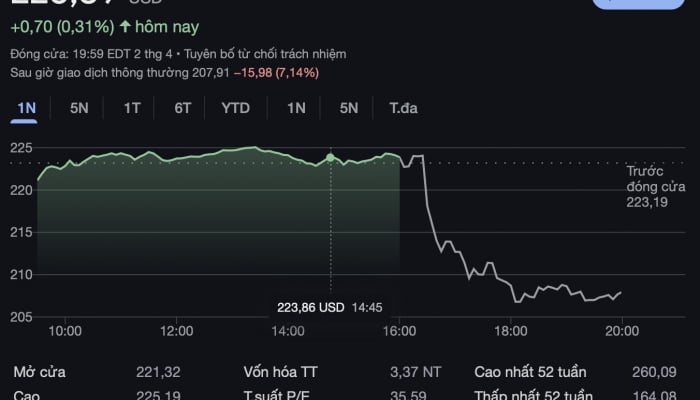
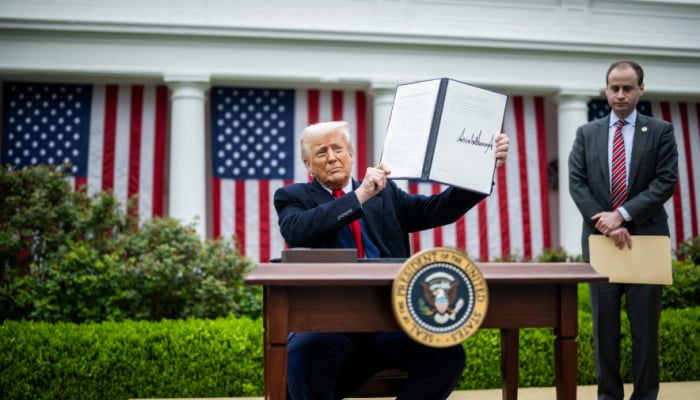

































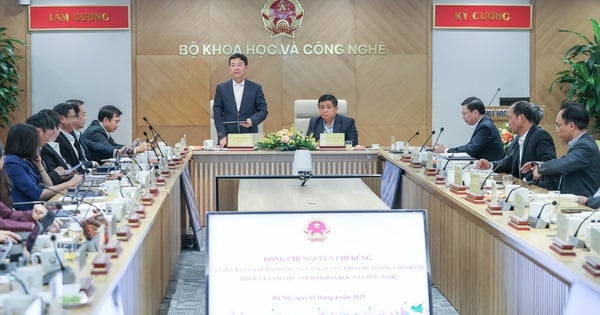

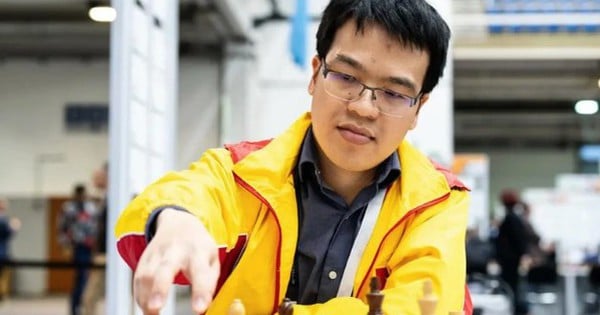



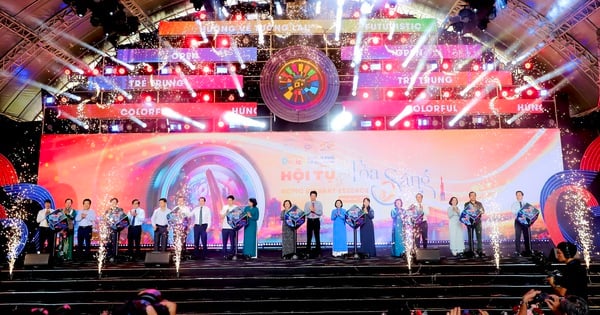

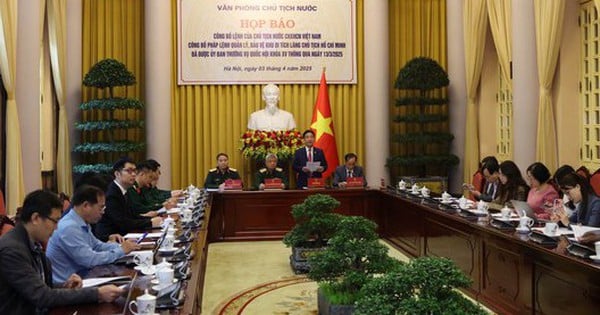



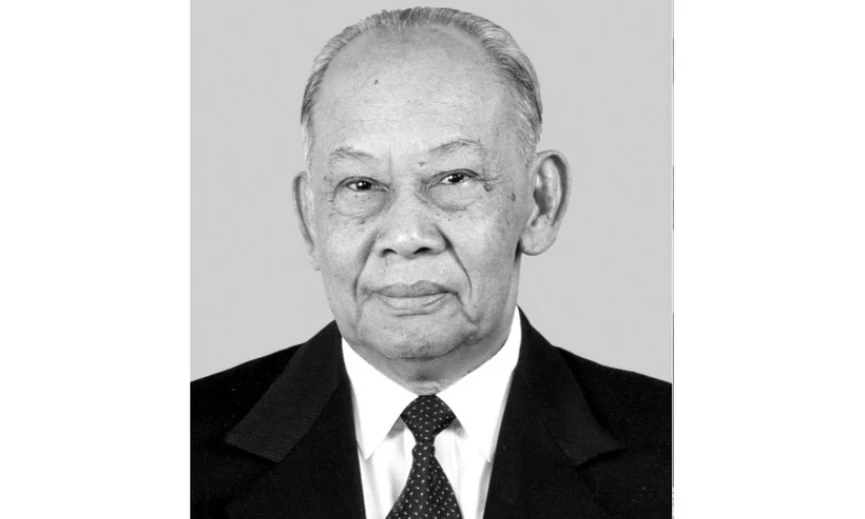
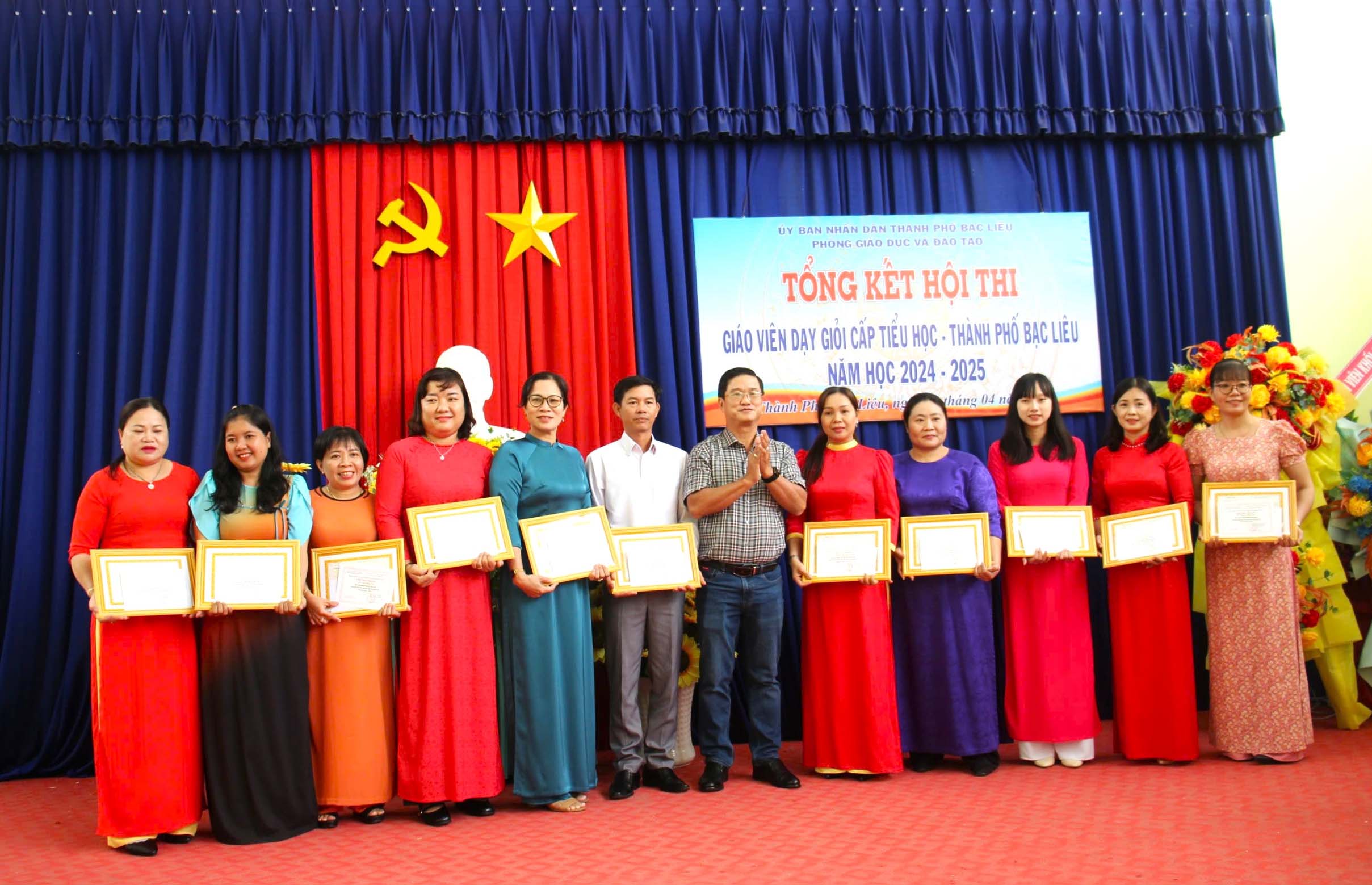

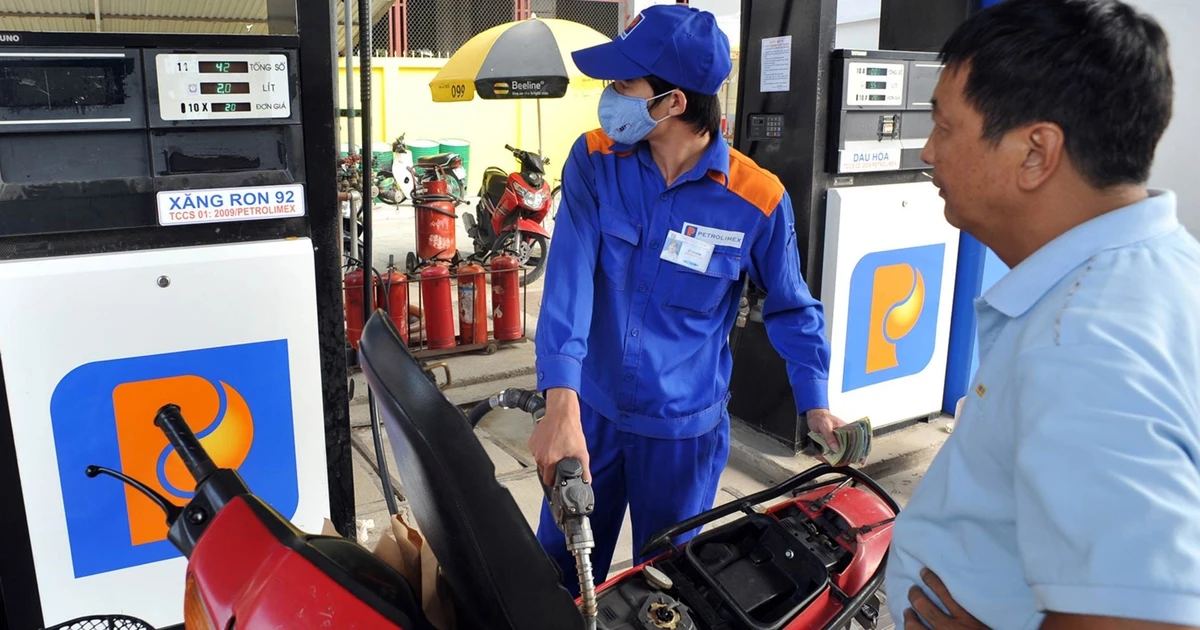












Comment (0)